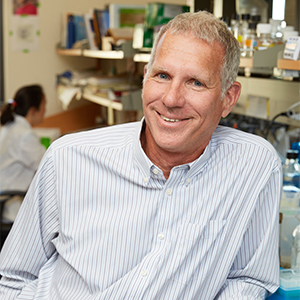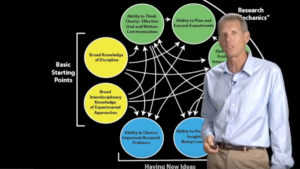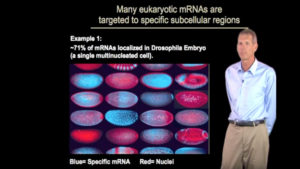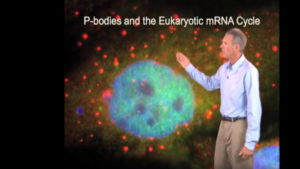Roy Parker a professor of chemistry and biochemistry and Cech-Leinwand Endowed Chair of Biochemistry at the University of Colorado, Boulder and an Investigator of the Howard Hughes Medical Institute. Prior to joining the University of Colorado in 2012, Parker was a Professor of Molecular and Cellular Biology at the University of Arizona.
Dr. Parker received his B.S. in chemistry from Carnegie Mellon University, his Ph.D. in genetics from the University of California, San Francisco and he was a postdoctoral fellow at the University of Massachusetts Medical School.
Parker has a long standing interest in understanding the molecular mechanisms that regulate eukaryotic mRNA stability and translation rate. He has received numerous awards for his work including an NIH Merit Award and election to the National Academy of Sciences.







